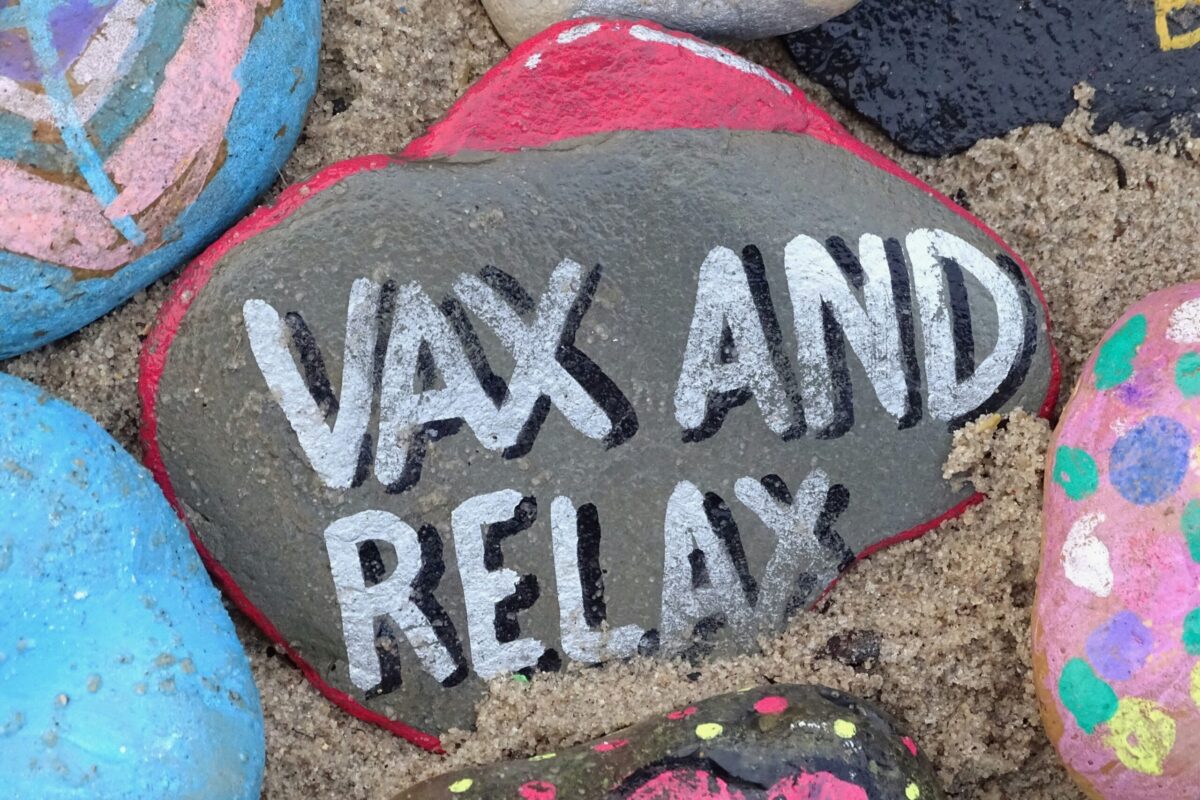Three updated Covid-19 vaccines were rolled out earlier this month, and experts say they are incredibly effective at detecting new subvariants of the Omicron strain, which continues to dominate in the US.
The XEC recombinant hybrid is emerging in Europe, but shows up in less than 1% of cases currently in the US. The KP 3.1.1, also from the Omicron family, emerged last April and continues to prevail in the US.
The mRNA Pfizer and Moderna vaccines were formulated using the KP 3.1.1 subvariant, while the Novavax vaccine was formulated on an older subvariant, JN1, which peaked in March, said Dr. Benjamin Neuman, a virologist, and biology professor at Texas A&M University.
Novavax Less Effective
“So if you’re looking at the amount of time that you are likely to get protection based on the rate of virus change, you are likely to get more mileage out of one of the two mRNA vaccines only because they’re a little bit closer in time to the virus that is circulating now,” said Neuman, at an Ethnic Media Services news briefing Sept. 27.
“No one knows what the future will bring. If the virus decides to make a left turn and go back to something more like JN1, then the Novavax vaccine will be superior in terms of protection,” he explained.
T-cell immunity may last for just a couple of years, so most people are going to require a top-up of the Covid vaccine, said Neuman, advising folks to get vaccinated as soon as possible. “Taking the vaccine now gets you through the holiday season, hopefully without any damage to you or your loved ones,” he said.
Covid and Flu Vaccines Together
Covid vaccines can be taken alongside a flu shot, said University of California infectious diseases specialist Dr. Peter Chin-Hong. “For me, convenience trumps everything,” he said
There is little evidence to suggest that taking both at the same time could result in more post-vaccine symptoms, such as muscle aches, fever, and exhaustion. Most people have no symptoms, but if a high fever lasts more than 3 days, or a person is experiencing a loss of consciousness or altered mental state, it’s time to head to the hospital, said Chin-Hong.
Adolescent males may experience myocarditis — inflammation of the heart — but such cases are rare, he said. Persons experiencing anaphylaxis, also rare, should immediately be taking to the hospital.
Children
Children should get the vaccines immediately, said Chin-Hong. “Particularly if they’re school age, you want to get kids through the winter when you have a lot of gatherings and Thanksgiving. Your kid being sick will mean you might sick and have to stay away from those events. So the vaccine does provide you a buffer against infections.”
Kids do poorly with COVID, said Chin-Hong, adding that getting infected with Covid puts them at risk for other respiratory illnesses such as RSV.
The priority, however, are adults over 65, especially those who are immuno-compromised.
Misinformation from Florida
On Sept. 22, the Florida Department of Health released a statement, questioning the efficacy of mRNA-based vaccines Pfizer and Moderna. It recommended that doctors should provide access to Novavax for all patients over 65 or those who are immuno-compromised. Neuman debunked the statement.
“It was peculiar when the Florida Surgeon General — Dr. Joseph Ladapo — came out with this statement. Because there was no new data which would suggest that anything that he was saying was actually true,” he said.
Low Vaccination Rates
As of Sept. 14, fewer than 3% of the US population had availed the updated vaccines, and only 23% say they intend to take the shot, according to data from the Centers for Disease Control and Prevention.
Vaccination rates are expected to remain low through the spring of next year. Fewer than 15% of Native Americans, Pacific Islanders, and Latinos say they intend to get vaccinated, while 18-20% of Black people say they will avail of the vaccines, according to CDC survey data.
Dr. Daniel Turner-Lloveras, co-founder of Salud con Tech, said he was not surprised to see lower vaccine uptake in Black and Latino communities. He cited numerous barriers people face in accessing the vaccines.
Mistrust
“When we talk about COVID-19 in communities of color, what we’re really talking about is access, trust and equity. These communities aren’t just hesitant. They’ve been overlooked and they’ve been victims of misinformation, disinformation, just like many other communities,” said Turner-Lloveras. “For people who’ve been historically mistreated by the healthcare system, mistrust plays a huge role.”
Transportation is an issue when there’s only one clinic for thousands of residents. Language barriers also make accessing information difficult, he said. The vaccines are no longer free, though they are covered by most health insurance plans. However, those who must choose a pharmacy could face a cost of about $200.
Turner-Lloveras advised looking to communities to find solutions for vaccine barriers and hesitancy. “Real change doesn’t happen to a community. It happens with the community. Those closest to the problem hold the keys to unlocking its solutions,” he said.




